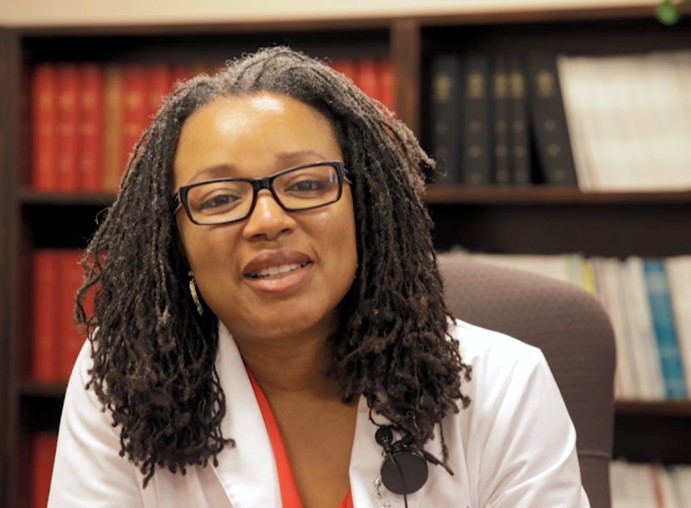R-CENTER Key Function Units Implementing Community Based Research:
-
Multidisciplinary Mentored Research Training and Career Development Program (MiDr-CAREER)
- This program holds promise for being transformative by its focus on creating multidisciplinary mentorship teams and collaborative research teams as part of its faculty development initiatives in clinical/translational science. A significant element of this framework is to link community-based investigators with other scientists as a means of extending a community-centric approach to clinical/translational research among our faculty and trainees.
-
Biomedical Informatics Unit -This key function element will deploy cross
- cutting, enabling technologies that will facilitate the formation of collaborative multidisciplinary research teams. The extension of our informatics infrastructure into community-based practices will be transformative in helping to integrate a community-centered model into 'T2' translational science that affects health outcomes in communities.
-
Administrative Core and Governance
- A major element of our community-centered model is to engage our community-based partners in the governance of our activities within the community. This is a longstanding model of community partnership at MSM that is maintained in our CDC-funded Prevention Research Center and Atlanta Clinical and Translational Science Award. Accordingly, the R-CENTER governance structure includes a Community Advisory Board that functions in an analogous fashion to our External and Internal Advisory Committees composed of academicians. The community-based laypersons and civic leaders who participate on this board will play an important and active role in guiding the protocols and activities we conduct in our community-based research. In addition, the Federally Qualified Health Centers that are part of our collaborative partnership also have community advisory boards as part of their governance structure. In short, the active engagement of our community partners is an integral component of our conduct of R-CENTER community-based research.



